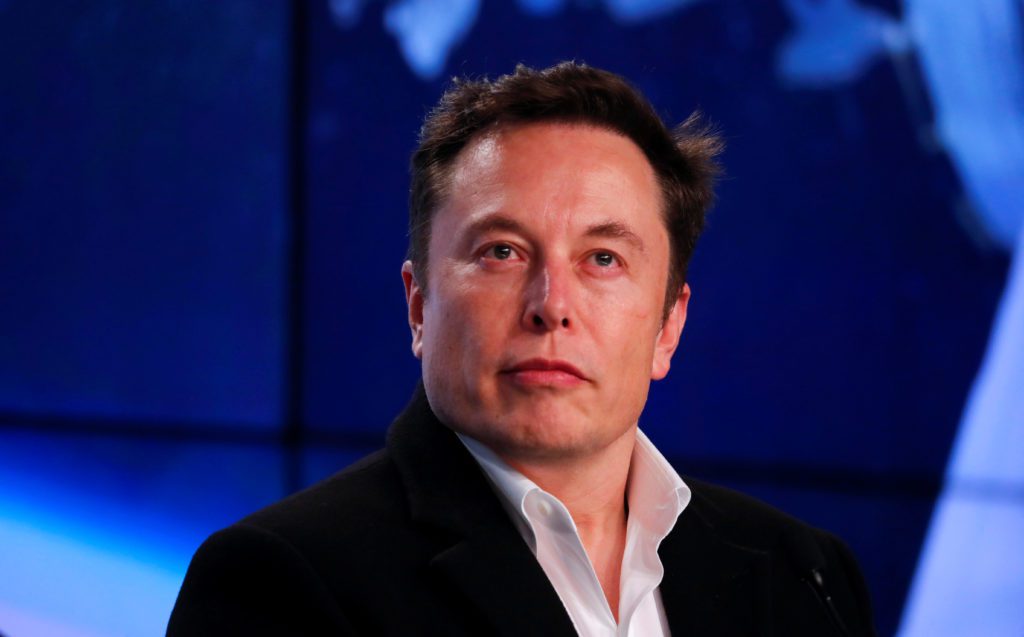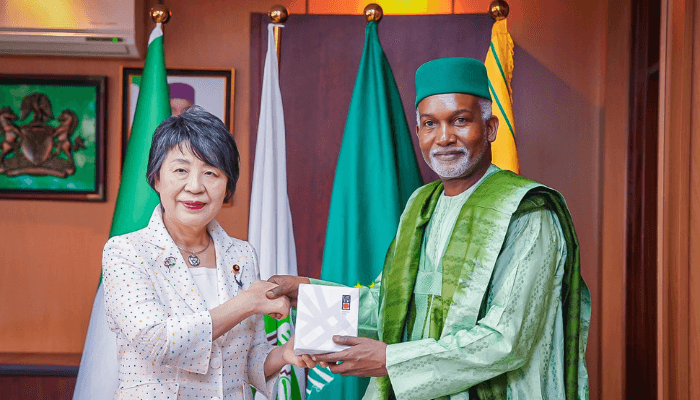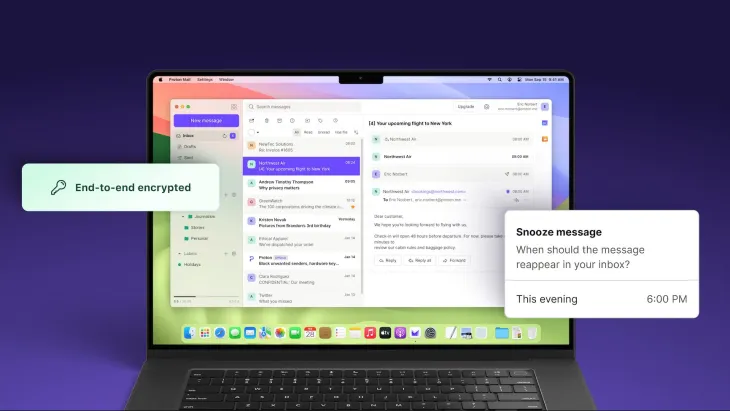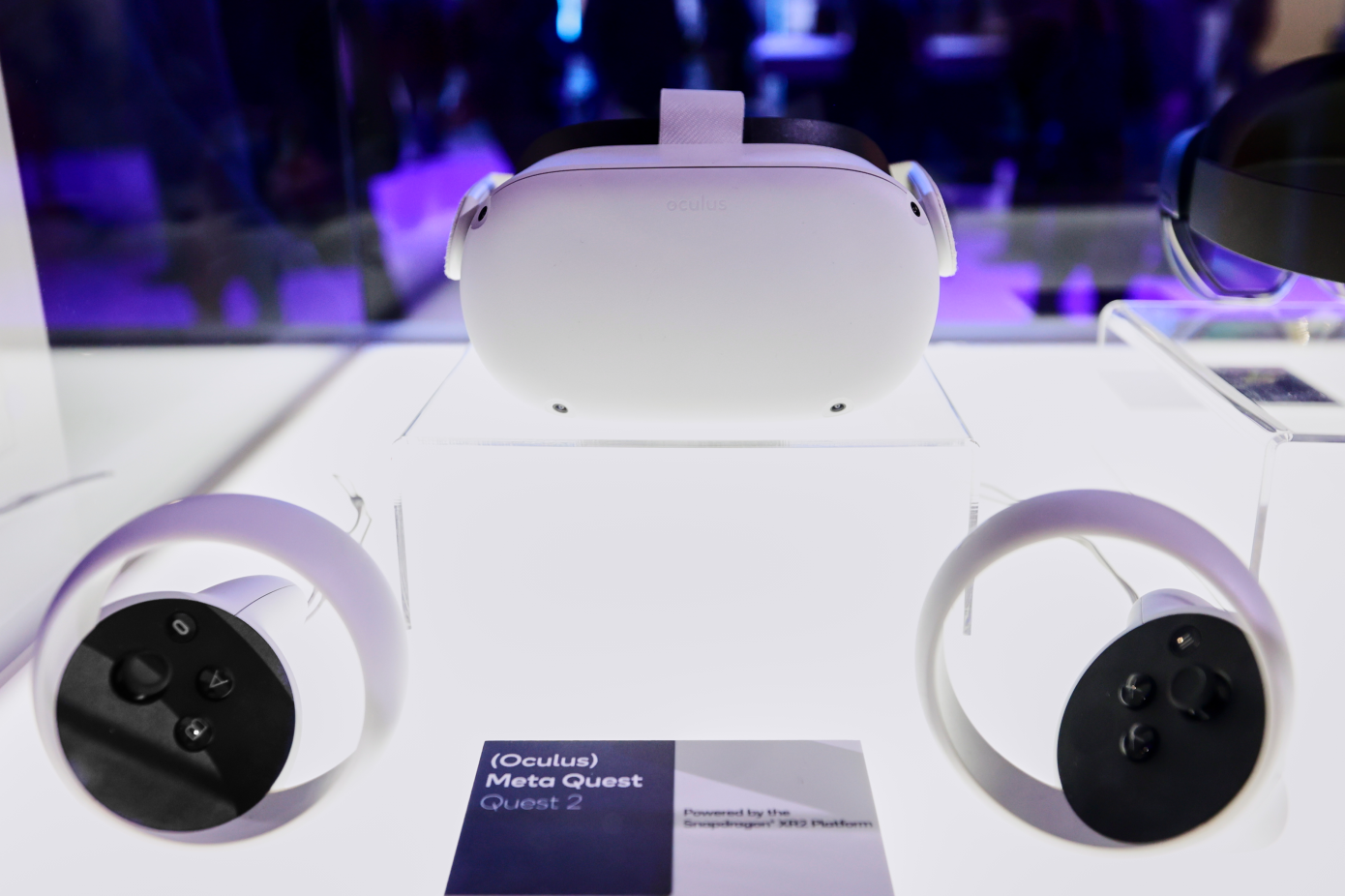Elon Musk, Tesla found not liable in ‘funding secured’ tweet lawsuit.
Elon Musk was held not guilty in a securities fraud class-action trial centered on his now-infamous “funding secured” tweet.
After less than 90 minutes of deliberation, the jury revealed the decision in the San Francisco trial that began three weeks ago. The verdict of the trial caused Tesla’s after-hours share price to increase by around 1.5% to $189.98.
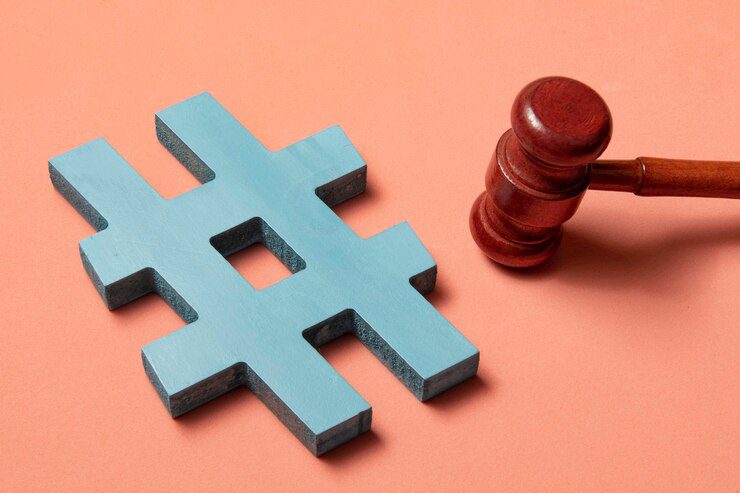
Musk tweeted on Friday following the verdict, “Thank goodness, the wisdom of the people has prevailed! I am deeply appreciative of the jury’s unanimous finding of innocence in the Tesla 420 take-private case.”
Also, see: Groupon cuts another 500 employees in the second round of layoffs
China’s Smartphone Market Slumped To A 10-Year Low In 2022
The primary issue in the complaint was whether Musk was accountable for shareholder damages after his August 2018 Twitter announcements that he had secured money to take Tesla private. Musk initially tweeted, “Am considering taking Tesla private at $420. Funding secured.” Another pair of tweets soon followed: “Investor support is confirmed. Only reason why this is not certain is that it’s contingent on a shareholder vote” and then another stating that he doesn’t have a controlling vote now and “wouldn’t expect any shareholder to have one if we go private.”
The plaintiffs’ counsel alleged that these shareholders experienced financial losses as a result. Musk, Tesla, and its board of directors risked billions in damages.
The purpose of the trial was not to determine the veracity of the tweets. This inquiry had already been addressed. The federal judge handling the case, Edward M. Chen, found that Musk’s tweets were false and irresponsible.
The majority of the three-week study concerned language and intent.
Attorney Nicholas Porritt, who presented closing arguments for the plaintiffs, contended that when Musk wrote the tweets, the firm was nowhere close to a deal to go private, citing emails and messages as evidence that there was neither an agreement nor a framework to create one.
“To Elon Musk, if he believes it even just thinks about it, then it’s true no matter how objectively false or exaggerated it may be,” Porritt said. “That may work in his businesses. That’s not an issue for this trial. But it does not work in securities markets or public companies. Securities markets have rules governing what you can and cannot say. And one of those basic rules is that what you say must be true and accurate.”
In his closing statements, Musk’s attorney, Alex Spiro, contended that finance was not an issue and that Musk knew he could acquire it if necessary. Instead, Spiro referenced a blog post published several weeks following Musk’s statements that explained why Musk would not take Tesla private: existing shareholders believed the company would be better off as a public corporation.
While Musk was able to dodge a significant charge for damages, the tweet securing funds has cost him.
In September 2018, the U.S. Securities and Exchange Commission alleged Musk lied when he tweeted that he had “funding secured” for a private buyout of the firm at $420 per share. Musk and Tesla’s board abruptly abandoned a deal with the SEC, prompting the filing of the complaint. After the accusations were brought, the board not only terminated the arrangement but also made a strong expression of support for Musk.
In the end, though, a settlement was achieved, but with harsher penalties than the original accord. Musk agreed to resign as chairman of Tesla and pay a $20 million fine as part of a settlement struck on September 29. Tesla agreed to pay a $20 million separate penalty.

